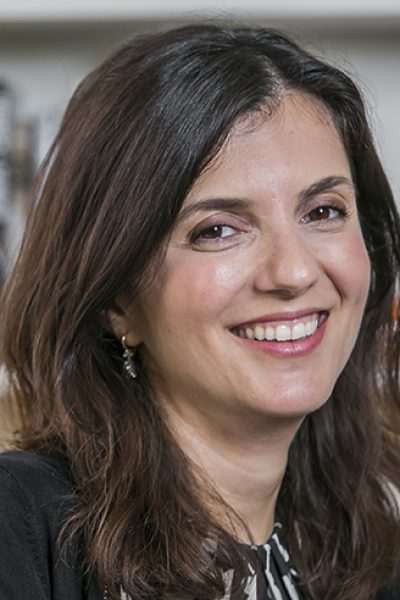Cornell Professor Filiz Garip to Lecture on Mexican-U.S. Migration
Filiz Garip, professor of sociology at Cornell University, will give a lecture at Washington and Lee University as part of the Borders and Their Human Impact series. It will be on March 9 at 4:30 p.m. in the atrium of the Ruscio Center for Global Learning.
Garip will be speaking about her book “On the Move: Changing Mechanisms of Mexico-U.S. Migration” (2016). The talk is free and open to the public.
“Why do Mexicans migrate to the United States? Is there a typical Mexican migrant? Beginning in the 1970s,” said Garip, “survey data indicated that the average migrant was a young, unmarried man who was poor, undereducated and in search of better employment opportunities. This is the general view that most Americans still hold of immigrants from Mexico.”
Using survey data from over 145,000 Mexicans and in-depth interviews with nearly 140 Mexicans, Garip reveals a more accurate picture of Mexico-U.S migration. “In the last 50 years there have been four primary waves: a male-dominated migration from rural areas in the 1960s and ’70s, a second migration of young men from socioeconomically more well-off families during the 1980s, a migration of women joining spouses already in the United States in the late 1980s and ’90s, and a generation of more educated, urban migrants in the late 1990s and early 2000s.” For each of these four stages, Garip examines the different reasons why people migrate and migrants’ perceptions of their opportunities in Mexico and the United States.
Her articles have been published in Population and Development Review, Demography, Social Forces and the American Journal of Sociology. She serves as a consulting editor for the American Journal of Sociology and Sociological Science.
Borders and Their Human Impact is a two-year faculty colloquium sponsored by the Andrew W. Mellon Foundation. The colloquium addresses the concept of borders and border crossings from a variety of perspectives that tie humanity to political, geophysical, physiological, epistemological and spiritual borders.
 Filiz Garip
Filiz Garip
You must be logged in to post a comment.